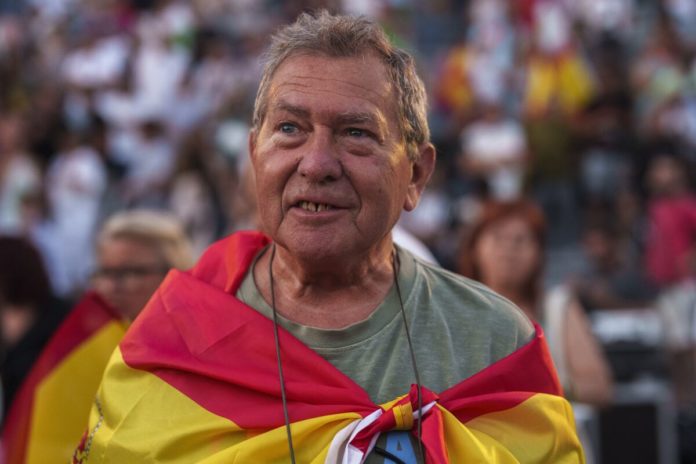The process of investing the new Spain Government will begin on August 17 although, in view of the electoral results and the complicated electoral alliances, it could lead to new elections.
However, until the constitution of a new government, the executive power will be exercised by the previous government of Pedro Sánchez, which will remain in office. In fact, if new elections are called, the coalition executive of PSOE and Unidas Podemos would continue in office, like the government of Mariano Rajoy between 2015 and 2016 and the first government of Sánchez in the 2019 electoral repetition.
While Sanchez and Alberto Nunez Feijoo, who leads the centre-right People’s Party, both claimed victory, the truth is that no-one won, and the country could now face at least two months of uncertainty.
The PP is the biggest party in a right-wing bloc that won 170 out of the 350 seats available but the Socialists dominate a left-wing grouping that secured 172 seats. However, the hardline Catalan separatist party ‘Together for Catalonia’ (Junts), has described this result as “a window of opportunity” to achieve secession. With seven seats it is they that hold the key.
The country’s main political leaders will now start talks with an array of smaller parties to try to form a potential majority of 176 seats and avoid another election, although Sanchez has said that he wants to wait a while more, giving the smaller parties time to reflect.
If no candidate secures enough seats, parliament will be dissolved by November, giving Spain 47 days to hold another election, which would be in late December or early January.
Share of votes on Sunday:
Right-wing bloc: PP: 136 seats, Vox: 33, UPN: 1, Total: 170
Left-wing bloc: Socialists: 122, Sumar: 31, Catalan separatists ERC: 7, Basque country’s PNV: 5, Basque Country’s Bildu: 6, BNG: 1, Total: 172
Others: Catalan separatist Junts: 7, Canary Islands’s CC: 1





